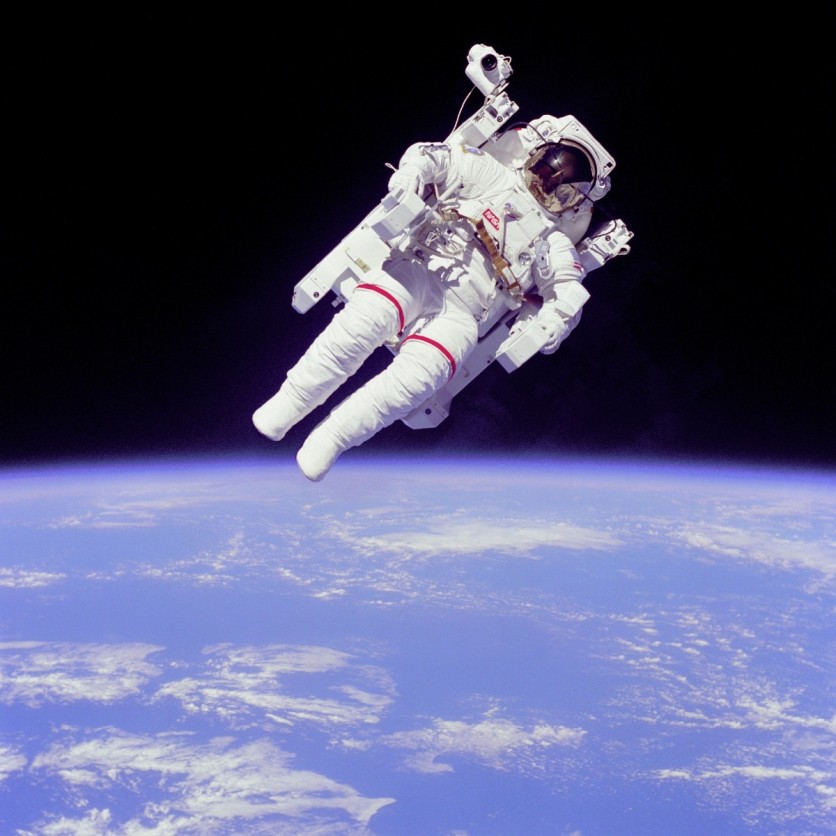A recent Pew Research survey showed that more Americans are showing a preference for NASA missions aimed at protecting Earth from potential killer asteroids rather than the agency's efforts in exploring Mars.
The survey revealed that a significant majority of Americans still believe in the importance of the United States maintaining a leading role in space exploration.
An example of a NASA planetary defense mission is the DART mission, where the agency successfully impacted the asteroid moonlet Dimorphos in September 2022, showcasing the capability to alter an asteroid's trajectory through kinetic impact.

What Americans Think of NASA's Missions
While private space companies like SpaceX, Blue Origin, and Virgin Galactic are gaining prominence in space exploration, NASA continues to receive support from about 65% of US adults, who believe that NASA's involvement remains crucial for the progress of space exploration.
The Pew Research survey also sheds light on the public's perception of NASA's priorities. Monitoring asteroids that could potentially collide with Earth and observing the planet's climate system are ranked highest while sending human astronauts to the moon or Mars receives relatively less attention.
This comes as NASA prepares for its upcoming Artemis mission, where it will land the first woman and first person of color on the moon.
Space tourism is also expected to become a routine activity in the future, with 55% of US adults foreseeing people traveling to space as tourists within the next 50 years. However, a mere 35% of respondents express interest in participating in space travel themselves.
Looking ahead, many Americans anticipate potential challenges in space, such as human-made debris, while being less confident about the discovery of intelligent life or the establishment of colonies on other planets.
The threat of space debris falling back to Earth and potentially harming structures and people have been a key concern in the space community. According to a 2022 study, there is a 10% chance that space junk could kill someone, especially in the global south.
Top Priority: Monitoring Asteroids
The survey also highlighted differences in public priorities regarding NASA's objectives. About 60% of Americans consider monitoring asteroids and other objects that pose a risk to Earth as a top priority for NASA, while less emphasis is placed on sending human astronauts to explore the moon or Mars.
The survey noted that Americans who are more familiar with NASA tend to give higher priority to various objectives of the agency. However, the support for a US leadership role in space and NASA's favorable opinion is widely held across both genders, with men expressing slightly higher percentages in these areas.
The survey offered valuable insights into public perspectives on space exploration as the landscape of space endeavors evolves with increasing contributions from private companies and rising competition among nations.
As NASA continues to navigate its role in a dynamic space exploration era, understanding public sentiments may help shape the agency's future priorities and missions. The full findings of the survey can be found here.
Related Article : NASA's Nancy Grace Roman Space Telescope Could Find 400 Earth-Mass Rogue Planets, New Study Reveals

ⓒ 2025 TECHTIMES.com All rights reserved. Do not reproduce without permission.




